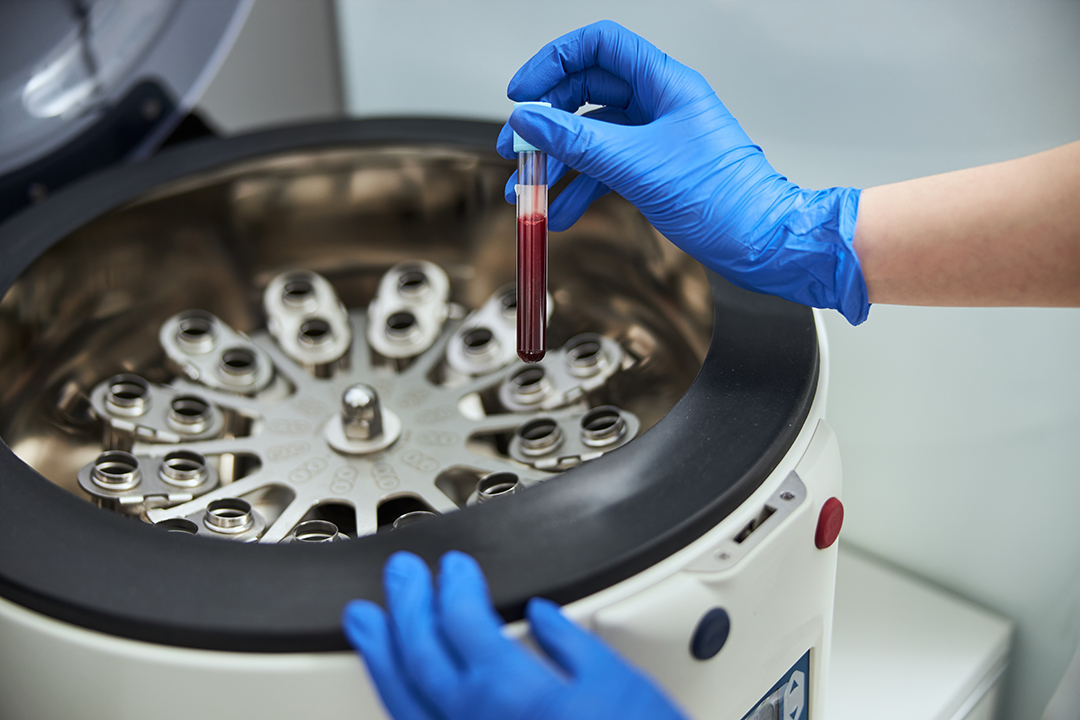When Knee Pain Becomes a Daily Challenge – PRP for Knee Pain
Chronic knee pain can make even simple movements—like climbing stairs or walking short distances—feel difficult. Many patients look for solutions that don’t involve surgery or repeated steroid injections. One of the most promising non-surgical approaches used in orthopedics today is PRP (Platelet-Rich Plasma) Therapy.
If you’re wondering what PRP is, how it works, and whether it could be right for you, this guide explains the process from evaluation to recovery.
Causes: Why PRP Is Used for Knee Pain
PRP stands for Platelet-Rich Plasma, a therapy that utilizes concentrated growth factors to support the body’s healing response.
At Dr. Burke Orthopedics, PRP is delivered through a professionally prepared injectable formulation—no blood draw is required. The injection is designed to enhance the biological environment inside the joint, encouraging tissue health and reducing inflammation.
PRP doesn’t claim to eliminate knee pain entirely, but many patients experience improvement in stiffness, swelling, and mobility, especially in earlier stages of conditions like knee osteoarthritis or tendon injuries.
Symptoms: How PRP Works in the Knee
PRP is injected directly into the affected knee joint. Once administered, the platelets release proteins and growth factors that may help:
- Reduce inflammation inside the joint
- Encourage soft-tissue repair
- Support a healthier, more balanced joint environment
Unlike mechanical interventions, PRP works biologically—helping tissues with limited blood supply, such as cartilage or tendons, respond better to healing stimuli.
Treatments: Who Might Benefit from PRP Therapy
PRP is not for everyone, but it may be considered if you:
- Have mild to moderate arthritis
- Want to delay or avoid knee surgery
- Prefer to limit steroid use
- Haven’t responded well to conservative treatments like therapy or medication
Conditions that may respond to PRP include:
- Early knee osteoarthritis
- Meniscus or ligament injuries
- Tendon issues such as patellar tendinopathy
Your orthopedic specialist will determine eligibility based on imaging results, prior treatments, and overall joint condition.
Procedure: What to Expect During PRP Treatment
At Dr. Burke Orthopedics, PRP is performed as an outpatient injection. The process generally includes:
- A consultation and diagnostic imaging review
- Injection of a pre-formulated PRP product
- Post-treatment instructions and activity guidance
No blood draw is required, and most patients can return home shortly after the procedure.
Recovery: What Happens After the Injection
Recovery from PRP is gradual and typically follows this general pattern:
| Timeline | What to Expect |
|---|---|
| First few days | Mild soreness or swelling near the injection site |
| Weeks 1–2 | Early mobility improvements, reduced stiffness |
| Weeks 3–6 | Peak response for many patients |
| Beyond 6 weeks | Continued improvement or maintenance phase |
Patients are advised to avoid anti-inflammatory medications during recovery and to follow the movement and exercise guidelines provided by Dr. Burke’s team or physical therapy specialist.
Results and Research
Clinical studies suggest PRP may:
- Help reduce pain associated with early arthritis
- Improve joint motion and flexibility
- Delay the need for more invasive surgery
Results depend on individual factors—such as knee condition, overall health, and the specific PRP formulation used. PRP is considered a regenerative orthopedic treatment that encourages natural repair rather than masking symptoms.
Costs and Coverage
It’s important to note that PRP is an out-of-pocket procedure at Dr. Burke Orthopedics and is not covered by insurance.
Pricing typically ranges between $500 – $1,500 per injection, depending on the treatment plan and product type.
Summary: Considering PRP for Knee Pain
PRP is not a miracle cure, but for the right patient, it may provide meaningful relief without surgery. When administered appropriately and combined with guided rehabilitation, PRP can support long-term joint health and mobility.
If you’re experiencing persistent knee discomfort, a consultation with Dr. Burke Orthopedics can help determine if PRP fits your treatment goals.
📞 Call (713) 436-3488
👉 Request an Appointment Online
Dr. Burke Orthopedics proudly serves Houston, Pearland, Friendswood, and Southeast Texas, offering advanced, evidence-based care to help you move with confidence again.
Disclaimer:
All references to regenerative or biologic therapies on this website are for educational purposes only. Dr. Burke Orthopedics provides regenerative orthopedic care performed under FDA-cleared standards and does not advertise or sell biologic or prescription drug products.

